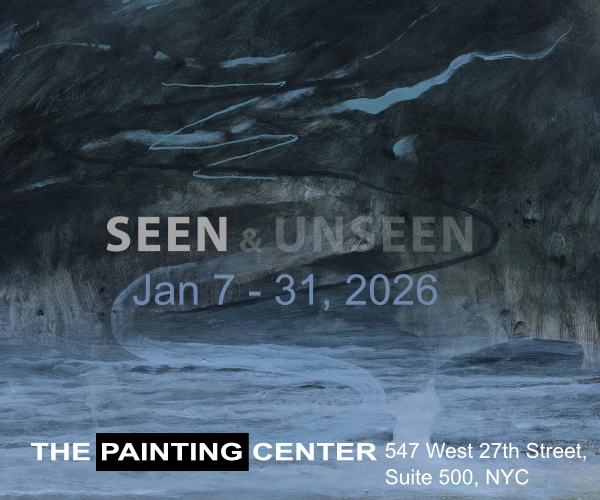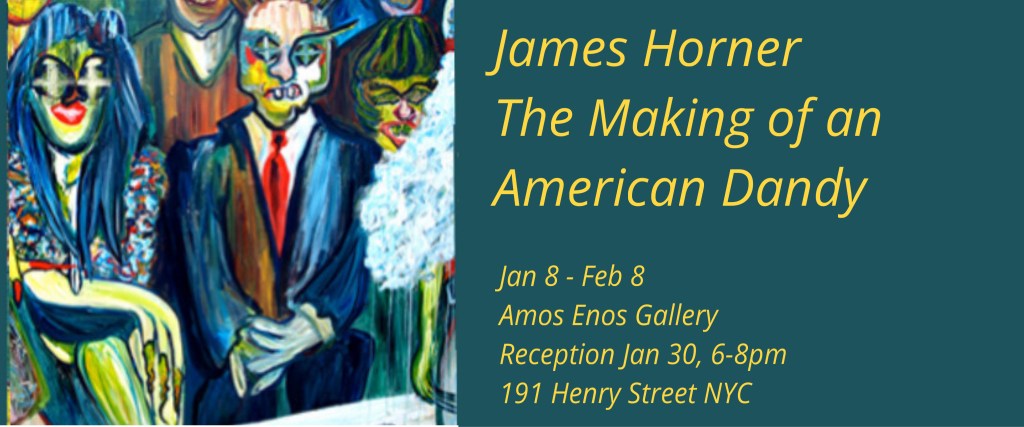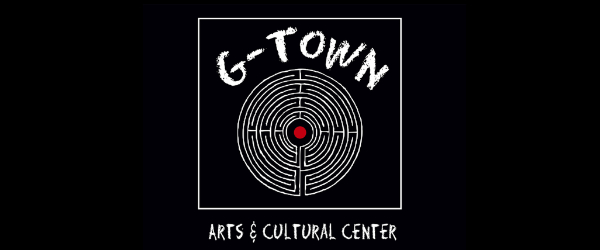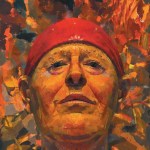
Contributed by Jonathan Stevenson / When an arthouse-revisionist-western directed by an Australian woman and starring an Englishman dominates the Oscar nominations, it’s safe to say that the pandemic has not severely compromised the quality — or vision — of cinema, even if it has skewed the structure of the business towards streaming platforms and away from brick-and-mortar theaters. With the usual caveats about inevitable bias and subjectivity, here, in alphabetical order, is a defensible Top Ten for 2021.
Belfast. Kenneth Branagh’s wistful black-and-white look at his childhood in the eponymous Northern Irish city just as the Troubles began is nakedly sentimental, but that seems precisely what Branagh intended to contribute to a neglected subject: the loss of non-sectarian harmony that once existed in many parts of Northern Ireland. The movie also offers a rare immersive and nuanced account of the conflict’s genesis from a working-class Protestant point of view.

The Card Counter. Writer-director Paul Schrader rediscovers the raw existential dread of Taxi Driver in an unsettlingly Zen-like revenge tale for our time involving Oscar Isaac’s guilt-stricken Iraq vet and leavened by a nicely calibrated Tiffany Haddish, reminiscent in style and tone of John Boorman’s 1967 classic Point Blank.

The Hand of God. In Paolo Sorrentino’s autobiographical, Fellini-esque, mordantly funny ode to his native Naples, a horny, introverted teenager draws hope from soccer great Diego Maradona, a local director, and ultimately the dream of redemption through movies to survive a rollickingly unstable and at times tragic adolescence.

A Hero. Asghar Farhadi’s latest Kafka-esque dissection of toxic social psychology in Iran sees a sad-sack debtor, seduced by artifice and incessantly judged, compulsively and almost suicidally chasing his tail.

The Humans. In Stephen Karam’s spare and well-cast film version of his Tony Award-winning play, Richard Jenkins is excruciatingly good as a lost and increasingly feckless working-class father and husband trying to salvage his self-respect as his family struggles.

King Richard. In Reinaldo Marcus Green’s biopic, Will Smith is a convincing Richard Williams, deftly balancing the eccentricities he displayed in shepherding his daughters Serena and Venus to tennis immortality against his unappreciated point of view and the undeniable white-bread racism they all faced.

The Lost Daughter. Maggie Gyllenhaal’s auspicious directorial debut stars Olivia Colman and Jessie Buckley, both terrific, as the same character in a slow-burn, double-timeline psychological suspense story, complicated further by Colman’s unreliable narrator, about the vexingly inerasable and sanity-challenging nature of motherhood.

Passing. With remarkable skill and grace, actress Rebecca Hall’s deliberately mannered directorial debut about a Black woman passing as white in 1920s Harlem seamlessly encapsulates the history of race in America.

The Power of the Dog. This is Jane Campion’s revisionist Western, mentioned above, about various predators hidden in plain sight, with Benedict Cumberbatch smartly cast against type as an enigmatic ruffian, and Jesse Plemons and Kirsten Dunst perfectly pitched as usual, here, appropriately enough, playing a shy husband and his delicate wife.

The Tragedy of Macbeth. In Joel Coen’s trenchantly biting take on the Scottish Play, Frances McDormand is sublime as Lady Macbeth while Denzel Washington flat-out nails the man himself in a comprehensively riveting performance, fully inhabited and superbly paced.
I have not yet seen Paul Thomas Anderson’s Licorice Pizza but strongly suspect that it would make this list. Also notable and worthwhile are Adam McKay”s Don’t Look Up (a darkly comic blunderbuss of a metaphor about climate-change myopia, featuring fine turns by Leonardo DiCaprio and Jennifer Lawrence); Michael Showalter’s The Eyes of Tammy Faye (a quirky arthouse biopic about an unexpectedly sympathetic person, elevated by Jessica Chastain’s phenomenally immersive and heartfelt performance); and Wes Anderson’s The French Dispatch (a mostly affectionate weisenheimer essay, attuned to the fatuous emptiness of puzzlingly revered editors, on how real events might play out if they followed The New Yorker‘s script).
Related posts:
Art and Film: A subdued Top Ten in 2020
Art and Film: 2019 Top Ten






















